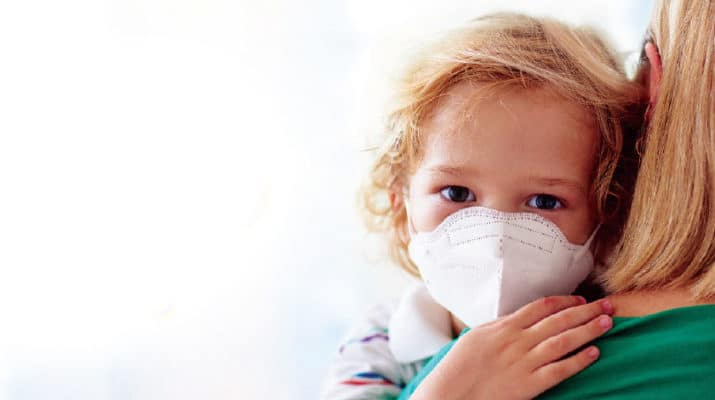Helping your infant learn to talk
By Barbara Pierce
 As parents, we want our babies to learn to speak as soon as possible. After months of listening to them babble, it’s exciting when they finally say their first word.
As parents, we want our babies to learn to speak as soon as possible. After months of listening to them babble, it’s exciting when they finally say their first word.
Talking to your baby from birth not only helps him or her learn to speak earlier, but you’ll have a more intelligent child. Talkative parents raise brainy kids, researchers say.
A child’s capacity to speak and understand words is like any other skill — the more practice he or she gets hearing words and making connections to their meanings, the more they will be able to say and the more they will understand.
Experts believe that talking with your baby is one of the best ways to give the child a head start in life. Babies in talkative families had higher IQs at age 3.
Suggestions for you:
— Start early: Talking to a newborn might seem pointless, but a baby’s ears and the part of the brain that responds to sound are well developed by birth.
Talking as much as possible to your baby is the best way to develop his or her language. They are absorbing a lot more than you realize. Babies are highly receptive and can read your emotions and understand what you’re trying to explain.
Use a combination of words, facial expressions, and actions to communicate with your baby, as they learn by hearing your words and observing your actions. For example, when you’re ready to feed him, ask, “Are you ready for your dinner?” They will begin to understand what this means at around 9 months.
— Be responsive. Show enthusiasm. Your baby interprets your tone of voice, so make it encouraging. Respond in an upbeat tone to whatever noises they make. If they are crying, ask “What’s wrong? Are you hungry?” “Diaper needs changing?”
If they are looking around or trying to grab something, respond by asking, “Do you want your car?” or “Are you looking at your brother? That’s your brother, Steven.”
Exclaim when your baby does something. Say, “Wow, what a big smile! That makes my day!”
— Be upbeat: Keep your tone warm and happy. He might not understand the words, but he will pick up on the sentiment. Make your tone cheerful no matter what you’re saying. It’s OK to say, “Oh, darn! I spilled the milk!” as long as you say it in an upbeat tone.
— Smile when you talk to your baby. Your actions are as important as your words. Reinforce your words with your face. A smile is especially important.
Sing to your child
— Sing to your baby. Singing is a great way to teach him words. Rhyming songs are good. Songs that use words with motion are great, like “Wheels on the Bus.”
— Listen to your baby. Babies can tell when you are paying attention to them. Show that you are listening. Make eye contact and smile when they babble.
— Share a book. In the early months, reading isn’t about the plot so much as the experience. As you cuddle, talk about the pictures any way you like —you don’t have to stick to the storyline.
“Reading to your child has so many positive effects,” said Amanda Stewart, youth services director, Utica Public Library. “Not only does reading help your child learn about topics and about language, it also inspires their imaginations and creates bonds with caregivers.”
“Reading to your child allows them to explore a larger world of people and ideas. Books are a gateway to start conversations, even for babies and toddlers. The impact of reading to your child will last their entire lives,” she added.
“Books for Babies” is an ongoing project of the library. Newborns receive a free book at the hospital. Oneida County and Oneida Nation provide funding.
Books are distributed to parents of newborns at St Luke’s in Utica and Rome Memorial Hospital in coordination with MidYork Library System.
“We have many books that are appropriate for reading to babies — there are so many great ones to choose from,” added Stewart. “Whatever you choose, make sure it’s a book the baby can explore. Board books are wonderful because babies can handle the book themselves and it’s difficult to hurt the book. Even if it ends up in the baby’s mouth, it’s easy to clean.”
Also, touch-and-feel books are great for babies 6 months and under; picture books with no words at all free you to make up your own stories.
— Don’t flip on the TV: TV may actually be harmful. Researchers found that babies didn’t develop speech when they watched DVDs geared to infants. Why? It’s because the back-and-forth of social interaction is essential to speech development. A TV character doesn’t react to your baby, but when you smile and reply to your little one’s babbles, he or she knows they did something right and are encouraged to do it again.
There are mountains of data to show that the more human conversations a baby has, the further his or her language develops and the brighter they will become.

